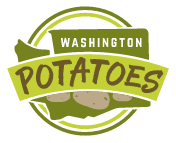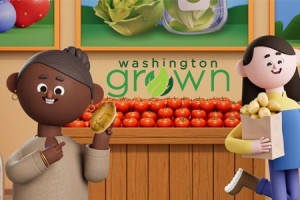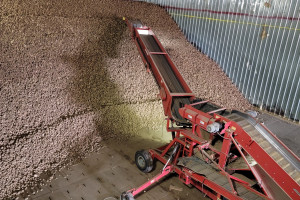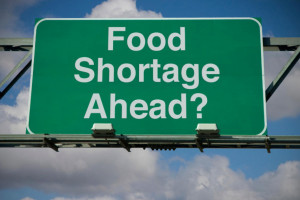“Dirty Dozen" Promotes Fear, Discourages Consumption
Peer reviewed research and a recent survey of registered dietitians nutritionists has shown the potential negative impact on fruit and vegetable consumption caused by the so-called “dirty dozen” list. Further, the “dirty dozen” list has been repeatedly discredited by the scientific community and peer reviewed studies. Peer reviewed research found that the substitution of organic forms of produce for conventional forms, as suggested in the “dirty dozen” list, does not result in any decrease in consumer risk because residues, if present at all, are so low. This study also found that the list authors follow no established scientific procedures in developing this list. The AFF also asks that reporters, consumers and others review the United States Department of Agriculture’s (USDA) Pesticide Data Program (PDP) Report, which the list authors state they base the “dirty dozen” upon. The most recent USDA PDP report found over 99 percent of the samples tested had residues well below the safety standards established by the EPA with almost half having no detectable pesticide residues at all. A peer reviewed study published in Nutrition Today found that misleading messaging perpetuated in the “dirty dozen” list which inaccurately describes certain produce items as having “higher” pesticide residues results in lower income consumers stating they would be less likely to purchase any fruits and vegetables – organically or conventionally grown. Further, a recent survey among registered dietitians found that 94% agreed that inaccurate, fear-based messaging regarding pesticide residues has a negative impact on consumers because it causes misplaced concern about whether conventionally-grown fruits and vegetables are safe to eat. And, when shown infographics from the “dirty dozen” list authors, an overwhelming 95% of dietitians agreed that the group’s misinformation about residues discourages consumption. Consumers who are concerned about residues are advised to simply wash their fresh produce – organic and conventionally grown. According the Federal Food and Drug Administration, washing fresh fruits and vegetables under running tap water is a healthful habit and can help remove or eliminate any residues that may be present on fruits and vegetables.






